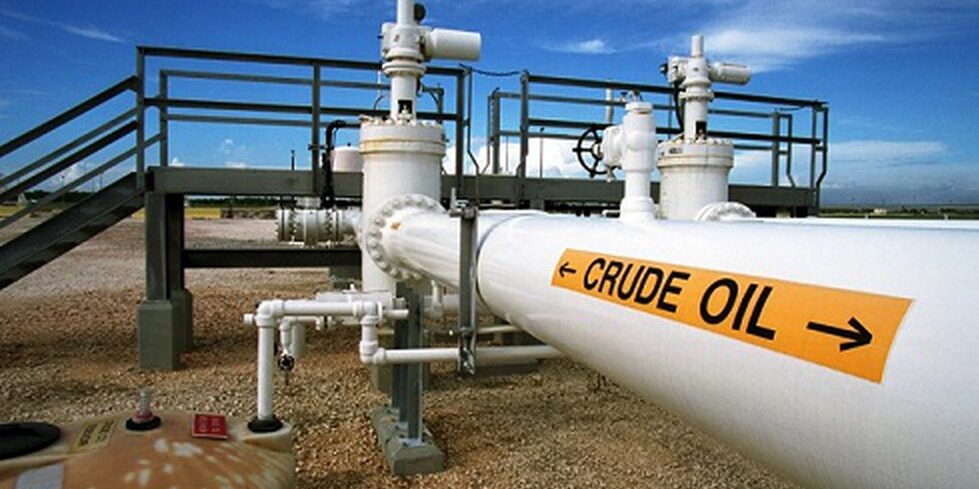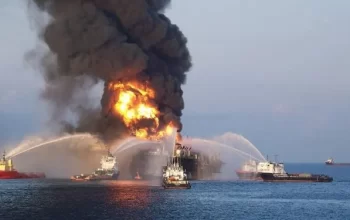In an exclusive interview with Energy Capital & Power, Khroumbaly Lehbib, the advisor in charge of upstream hydrocarbons at the Ministry of Petroleum, Mines, and Energy of Mauritania, discussed various aspects of Mauritania’s energy strategy. One of the key topics addressed was the development of a transportation system in the country, considering the upcoming gas production from the Greater Tortue Ahmeyim (GTA) field.
Lehbib confirmed that the Mauritanian government is considering the construction of a pipeline infrastructure to transport gas from the GTA field once production commences. The initial plan is to expand the pipeline to reach Nouadhibou City in the northern part of the country, where significant mining activities are concentrated. A consulting company has been hired to conduct a detailed feasibility study to assess the viability of the transportation system.
The distance between the gas fields in the south and the mining industry in the north, spanning approximately 600 kilometers, is expected to pose a challenge. However, if the gas production volume is substantial, the distance will be less of a problem. Additionally, ensuring sufficient gas demand is essential to justify the economic feasibility of the transportation system.
The development of the natural gas pipeline aligns with Mauritania’s broader energy strategy, including the Gas Master Plan. It plays a critical role in connecting gas-producing locations to areas where power stations and industrial centers will be established. By integrating the gas sector into the economy and fostering industrialization, Mauritania aims to create an environment conducive to economic growth and job creation.
Mauritania also prioritizes the development of local content in the extractive sector. The government is focused on improving access to the procurement system, enhancing the capabilities of local enterprises and the workforce, and promoting transparency. A new law is being developed to guide local Mauritanian enterprises and increase transparency in the procurement process of multinational oil and mining corporations. The strategy involves supporting businesses in improving qualifications, participating in tenders, understanding requirements, and accessing financing to fulfill contractual obligations. Efforts are also being made to address skill gaps and improve language skills to enhance job prospects in the mining and energy sectors.
Foreign investors play a crucial role in supporting Mauritania’s economic growth and diversification. The government expects foreign investors to demonstrate commitment to the local community by providing opportunities for local participation, training initiatives, and social investments. Transparency and openness to the local market are also emphasized.
Mauritania recognizes the importance of renewable energy in its development and the fight against climate change. The country sees the mining sector as a potential contributor to the energy transition by producing low-carbon steel through a combination of iron production and hydrogen. Partnerships with companies like bp, ArcelorMittal, and SNIM are being pursued to explore the production of Direct Reduced Iron (DRI). The government is actively seeking financing options for green hydrogen projects and is engaging with Development Finance Institutions and partners to reduce capital costs. The “Nouakchott message,” which promotes African-produced green hydrogen, has garnered positive attention from organizations like the World Bank and Germany.
![]()



